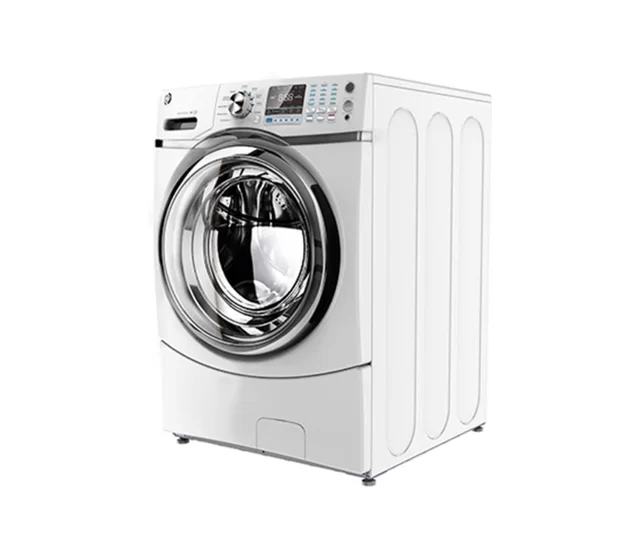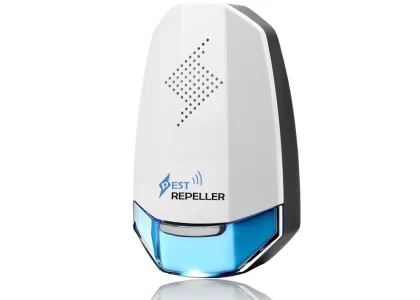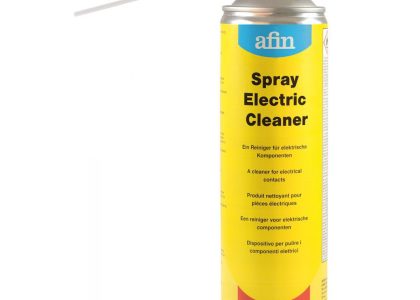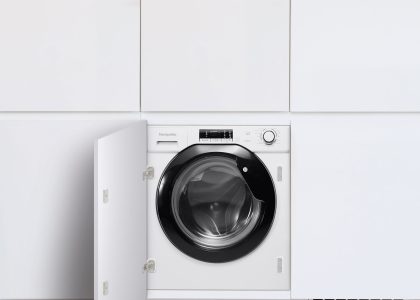 Introduction:
Introduction:
Dealing with a rotten egg smell emanating from your washing machine can be unpleasant and frustrating. This odor often occurs due to a buildup of bacteria, mildew, or trapped debris in the machine. Fortunately, there are effective methods to eliminate the odor and restore freshness to your washing machine. In this comprehensive guide, we will explore the causes of the rotten egg smell, the steps to remove it, and preventive measures to maintain a fresh-smelling washing machine. By understanding these aspects, you can confidently tackle the issue and enjoy clean and odor-free laundry.
Various types of washing machines available:
There are various types of washing machines available, each offering different features and functionality. Here are some common types:
Top-Load Washing Machine:
This is the traditional and most widely used type of washing machine. With a top-load washer, clothes are loaded from the top, and the drum is filled with water from the top or sides. Top-load machines are generally more affordable and have faster washing cycles. They are also easier to load and unload as you don’t have to bend over.
Front-Load Washing Machine:
Front-load washers have gained popularity in recent years. With a front-load machine, clothes are loaded through a door at the front, and the drum tumbles them using gravity. Front-load washers are known for their energy efficiency, water-saving capabilities, and gentler washing cycles suitable for delicate fabrics. They usually come with more advanced features and offer higher spin speeds for better water extraction.
High-Efficiency (HE) Washing Machine:
High-efficiency washing machines can be either top-load or front-load machines. They are designed to use less water and energy compared to traditional machines. HE washers have specialized designs that use less water and require HE detergent, which produces fewer suds. These machines offer energy savings and better cleaning performance.
Compact Washing Machine:
Compact washers are smaller-sized washers designed for apartments, small homes, or tight laundry spaces. They can be top-load or front-load machines and have reduced capacities compared to standard-sized machines. Compact washers are ideal for individuals or small families with limited space.
Washer-Dryer Combo:
Washer-dryer combo machines are two-in-one units that combine both washing and drying functions. They can be either top-load or front-load machines. Combo machines are space-saving options, suitable for smaller homes or apartments where separate washer and dryer units are not feasible.
Portable Washing Machine:
Portable washers are compact and lightweight machines designed for travelers, RVs, camping trips, or small loads. These machines are typically top-load and can be easily connected to a faucet for water supply. Portable washers offer convenience and flexibility for those on the go.
These are some of the common types of washing machines available in the market. When selecting a washing machine type, consider factors such as available space, laundry needs, energy efficiency, and budget.
 Some potential hazards associated with this issue:
Some potential hazards associated with this issue:
A rotten egg smell coming from a washing machine usually indicates a problem with the water supply or the machine itself. Here are some potential hazards associated with this issue:
Sulfur Odor: The rotten egg smell is often caused by the presence of sulfur or hydrogen sulfide gas in the water supply. Inhaling high levels of this gas can cause nausea, dizziness, headaches, and even respiratory issues for some individuals.
Bacterial Growth: The foul odor may also be an indication of bacterial growth, potentially caused by standing water or residue inside the machine. Exposure to certain types of bacteria can lead to infections, skin irritations, or gastrointestinal issues.
Spread of Odors: If not addressed promptly, the unpleasant smell from the washing machine can spread to your clothes and other laundry items. This can be bothersome and require additional cleaning to remove the odor from your clothes.
Damage to Laundry: Depending on the cause of the rotten egg smell, it is possible that fabrics and textiles may be affected. Some bacteria or chemical odors can lead to discoloration, deterioration of fabric fibers, or damage to delicate materials.
Potential Fire or Electrical Hazards: In rare cases, if there is a malfunction in the electrical components of the washing machine, such as overheating, it could pose a fire or electrical hazard. This is not directly related to the rotten egg smell but emphasizes the importance of proper maintenance and prompt attention to any issues with the machine.
It is essential to address the source of the smell and resolve the underlying issue to mitigate any health hazards or further damage. Contacting a professional to inspect and service the washing machine is recommended, especially if the smell persists or is accompanied by other problems such as leaks or unusual noises.
 Causes of Rotten Egg Smell in a Washing Machine
Causes of Rotten Egg Smell in a Washing Machine
Bacterial Growth:
The warm and damp environment of a washing machine can encourage the growth of bacteria, which produces the rotten egg odor.
This bacterial growth is often a result of high humidity, not leaving the door open for proper air circulation, or using low-temperature wash cycles.
Mildew and Mold:
Mildew and mold can develop in hard-to-reach areas of the washing machine, such as the rubber door seal or detergent dispenser.
These substances contribute to the unpleasant odor and require specific cleaning techniques to remove.
Steps to Remove Rotten Egg Smell from a Washing Machine
Hot Water and Vinegar Solution:
Fill your machine with hot water and add two cups of white vinegar to the detergent dispenser.
Run a regular wash cycle without any laundry to allow the vinegar to penetrate and clean the internal parts of the machine.
Baking Soda and Vinegar Paste:
Create a paste by mixing baking soda and vinegar until it forms a thick consistency.
Apply the paste to the rubber door seal, detergent dispenser, and any other areas prone to mildew or mold.
Allow the paste to sit for 15-20 minutes before scrubbing with a soft brush.
Bleach Solution:
If the odor persists, mix a solution of one cup of bleach with one gallon of water.
Add the solution to the detergent dispenser and run another hot wash cycle without any laundry.
Be cautious when using bleach and follow safety instructions, as it can cause discoloration or damage to certain materials.
Preventive Measures for a Fresh-Smelling Washing Machine
Regular Cleaning Routine:
Implement a regular cleaning routine for your washing machine to prevent odor buildup.
Wipe down the rubber door seal, detergent dispenser, and other areas prone to mildew or mold after each use.
Proper Air Circulation:
After completing a wash cycle, leave the washing machine door open for some time to allow for proper air circulation and drying.
This helps prevent the growth of bacteria and mildew.
Regular Maintenance:
Check your washing machine’s filter and clean it regularly to remove trapped debris and prevent odor buildup.
Follow the manufacturer’s instructions for filter maintenance.
 Additional Tips and Considerations
Additional Tips and Considerations
Natural Deodorizers:
Consider using natural deodorizers like activated charcoal or absorbent pouches to keep your machine smelling fresh.
These products can help absorb and eliminate odors.
Professional Service:
If the rotten egg smell persists despite your efforts, consider contacting a professional appliance service to inspect and clean your washing machine thoroughly.
 Conclusion:
Conclusion:
Removing a rotten egg smell from your washing machine is possible with the right techniques and maintenance practices. By understanding the causes of the odor, following the steps to remove it, and implementing preventive measures, you can effectively eliminate the unpleasant smell and maintain a fresh-smelling machine. Regular cleaning, proper air circulation, and maintenance routines are crucial for preventing bacterial growth and mold buildup. Let this comprehensive guide be a valuable resource in your endeavor to remove the rotten egg smell from your washing machine, ensuring pleasant and odor-free laundry experiences.





